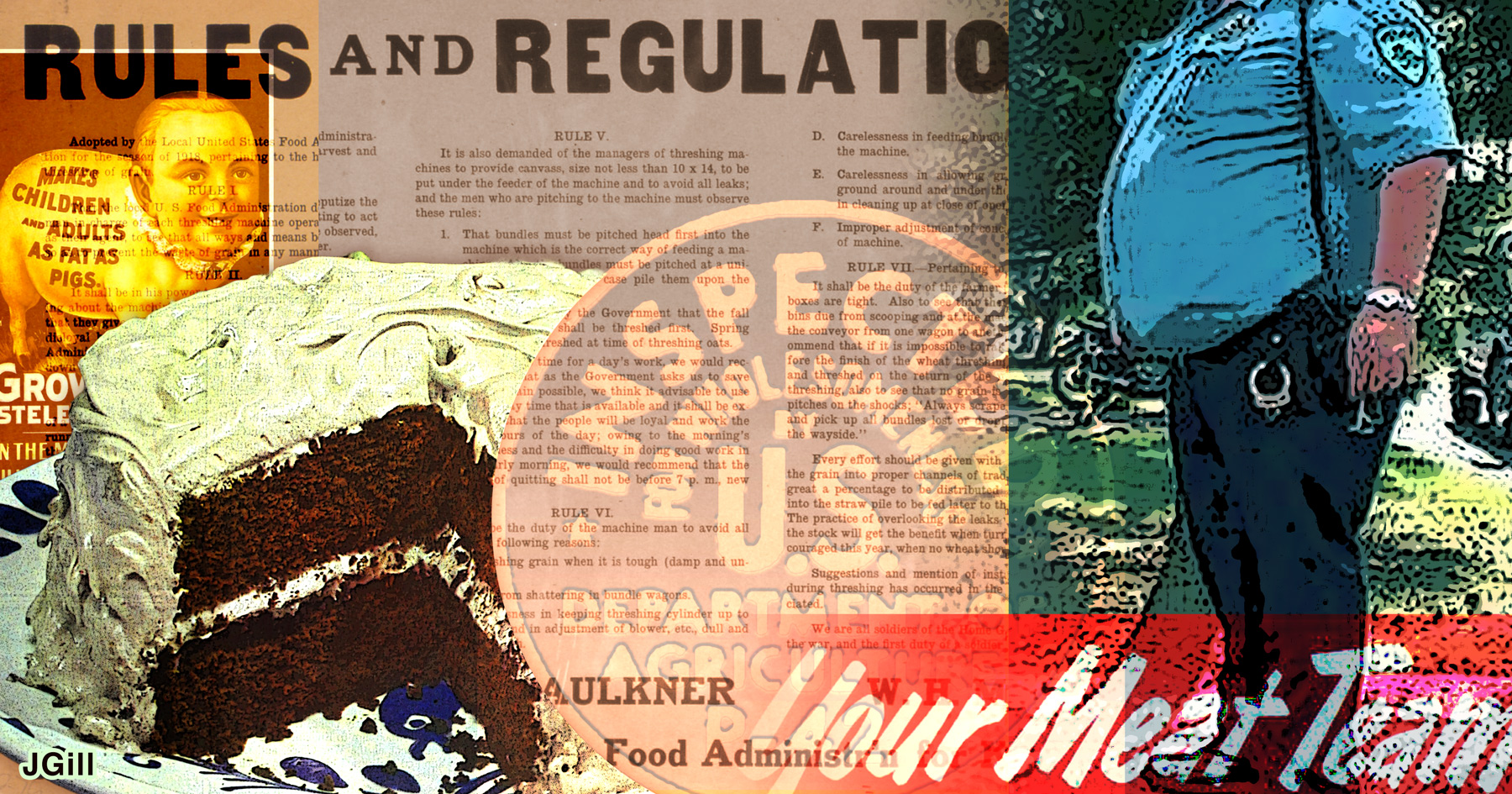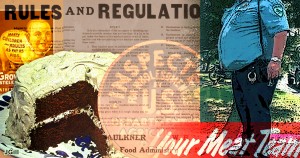Current trends in public policy and law seem to be pointing not to consistent principles, but contradictory ones.
Wyoming just made it legal for farmers to sell directly to local customers, in such venues as farmers’ markets — without government inspection and conformity to the usual, clunky set of regulations that apply when selling to other businesses for resale.
The bill, recently signed into law by the governor, also allows neighbors to sell homemade foods to one another informally and at special community events like bake sales.
An obvious win for freedom. Who can argue against a free market in foodstuffs at the community level, where normal transactions tend to be customary and casual, and also obviously subject to regulation by reputation?
But government regulations still apply maximally to farmers and supermarkets and grocery chains. And yet, many of the arguments for local free markets apply equally to these currently controlled ones. Free competition would likely lead to the re-introduction of reputation economies into big agribiz markets. Could very well be transformative.
For our health.
After all, it’s not as if government has really helped us in this realm. We are right now working our way out of a government-sponsored health and diet paradigm that we are learning was exactly wrong.
The official “anti-fat” hysteria made us fat.
A more competitive approach, allowing for different philosophies to operate — as they can at the community level, with old recipes co-existing with the new-agey ones, as well as with non-pasteurized milk and organic farms and local cheese and everything else — would encourage new ways of meeting old food fears as well as accommodating new food fads.
Extend freedom. (Not waistlines.)
This is Common Sense. I’m Paul Jacob.


